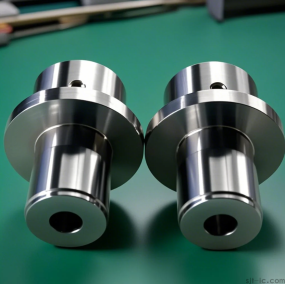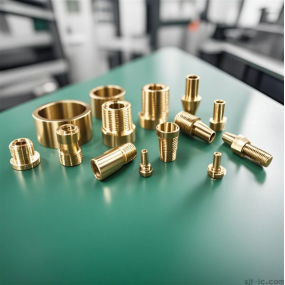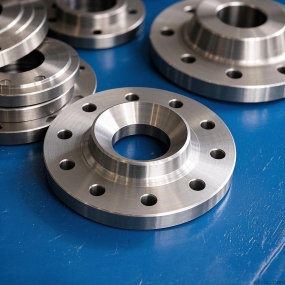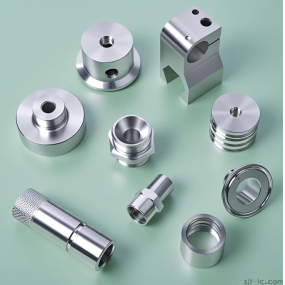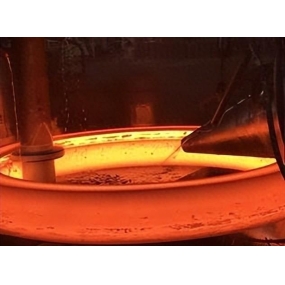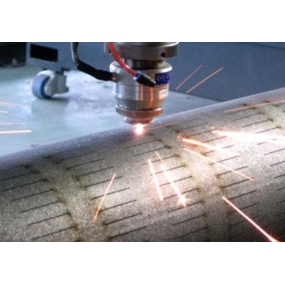Sheet Metal Processing is divided into production cutting, stamping, bending, forming, welding, polishing, spraying, printing, assembly and other processes. Today, we will introduce in detail the process knowledge of stamping.
Stamping processing technology is a fiber laser cutting production and processing method for metal materials, which is important for metal materials. Based on pressure equipment such as stamping machines, the material is forced to deform or separate to obtain the actual required product parts, collectively referred to as stamping parts.
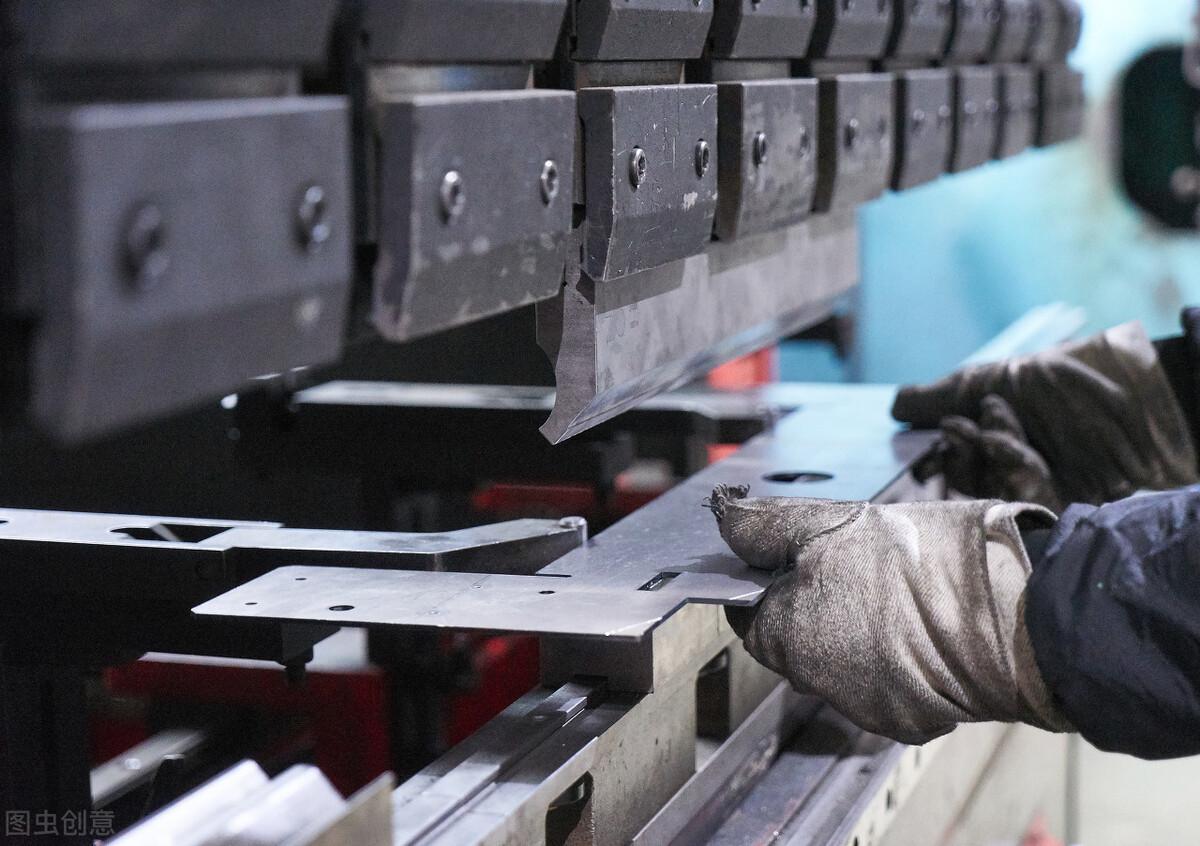
There are various situations in the stamping process of molds, and here I will summarize the most extensive stamping process for everyone.
1. Punching and cutting
The general term for a stamping process that extracts materials. It includes: cutting, punching, punching, grooving, slicing, chiseling, edge pressing, cutting, etc.
2. Exterior Design
The main purpose is to cut off the excess material and ensure that the stamping process meets the specifications and model requirements.
3. Cut the tongue
Make a cut in a certain part of the material, but not all of it is cut. It is common to cut only three sides of a rectangle while keeping one side still, mainly for setting the step distance.
4. Expand the mouth
This process is not extensive, and it is common to see the process of expanding the end or one end of a tubular part outward into a trumpet shape
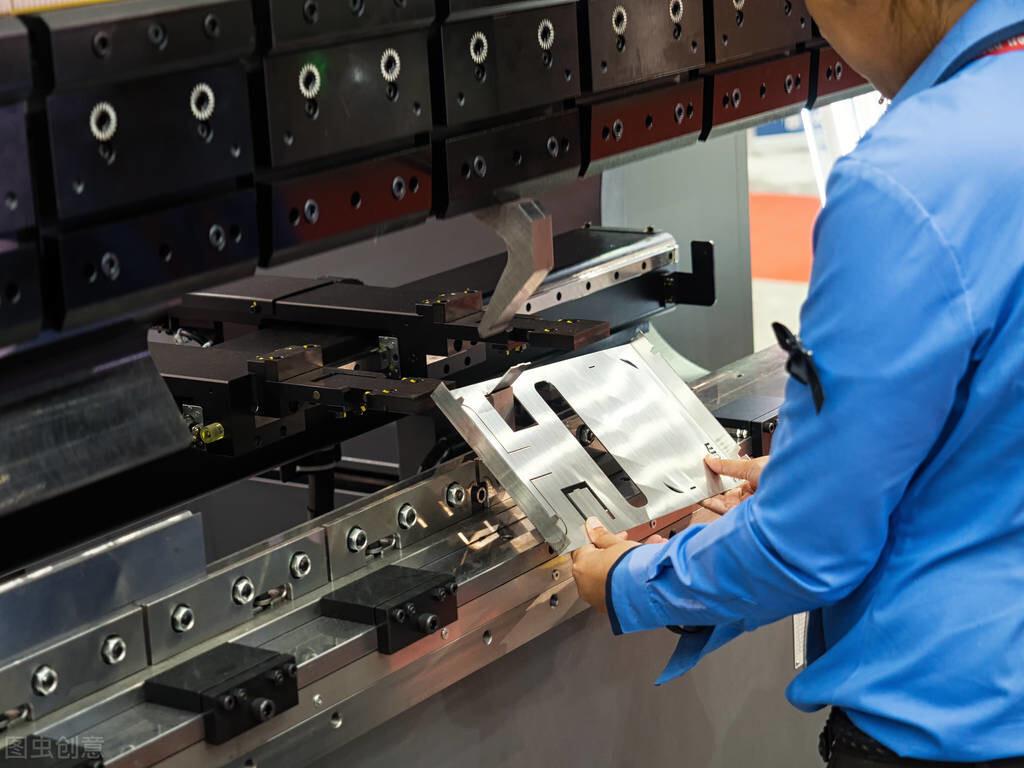
5. Shrinking mouth
Contrary to expansion, it is a stamping process in which the end or a certain point of a tubular part must be reduced inward
6. Punching hole
In order to better obtain the hollow part of the part, the complete material will be separated by a punch and a cutting edge in the middle to obtain the corresponding hole size
7. High precision stamping
When stamping parts require a section quality of fully bright band, it can be called "precision punching" (note: ordinary punching sections are divided into four parts: corner collapse zone, bright band, fracture zone, and burr zone)
8. Full Bright Punching
Unlike high-precision stamping, full gloss stamping aims to achieve maximum results in a single step of stamping
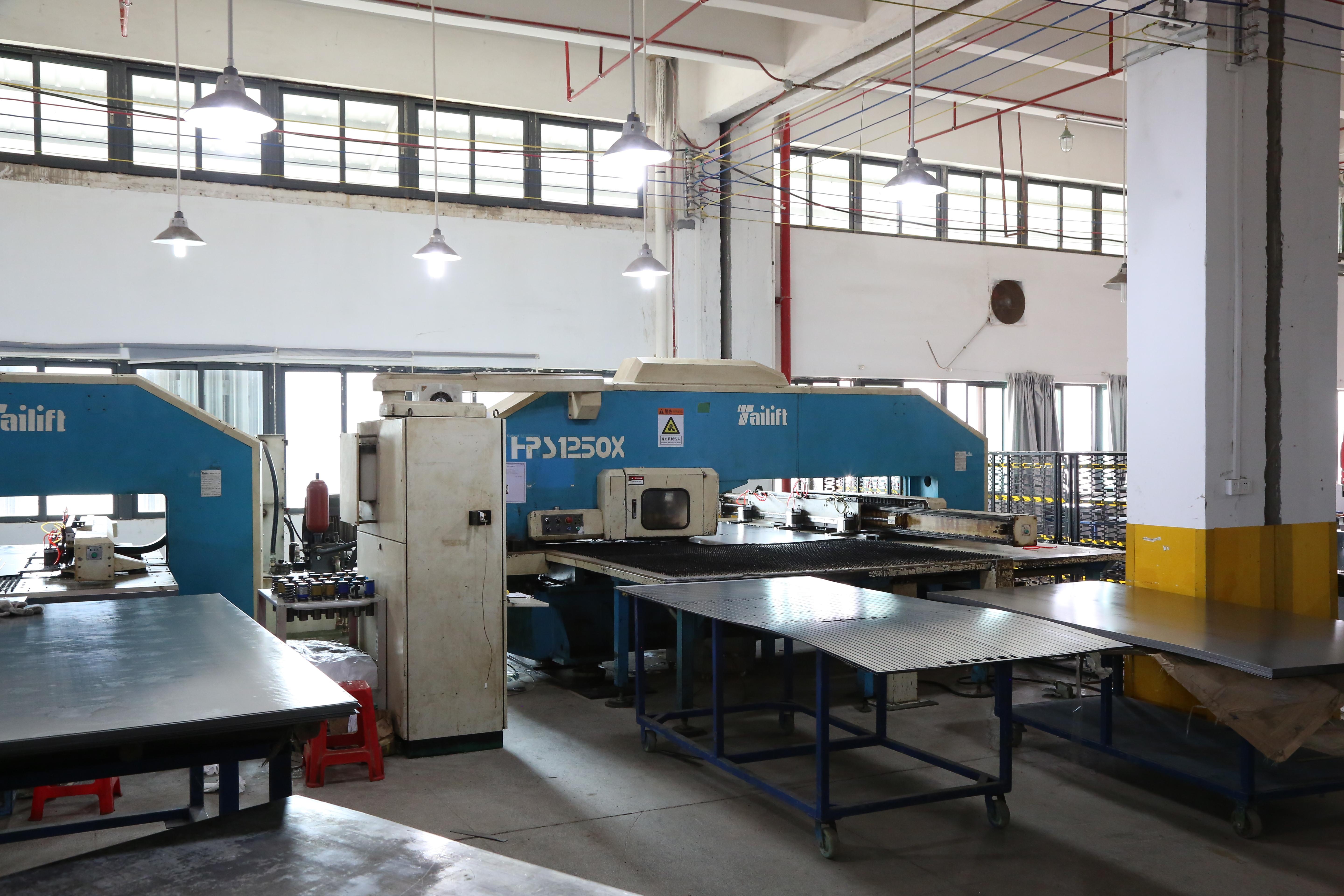
9. Deep hole punching
When the diameter of the product is smaller than the thickness of the material, it can be controlled as deep hole punching, and the difficulty of punching is manifested in the fact that the needle is very easy to break
10. Strike convex hull
The process of creating a protrusion on a flat material with relative application requirements
11. Forming
Many friends master forming as sheet metal bending, but it is not done carefully and conscientiously. Because sheet metal bending is a type of forming, it refers to the general term for all fluid material processes during forming
12. Sheet metal bending of sheet metal parts
A basic process of brittle fracture of flat materials based on convex and concave mold inserts to obtain relative angles and patterns
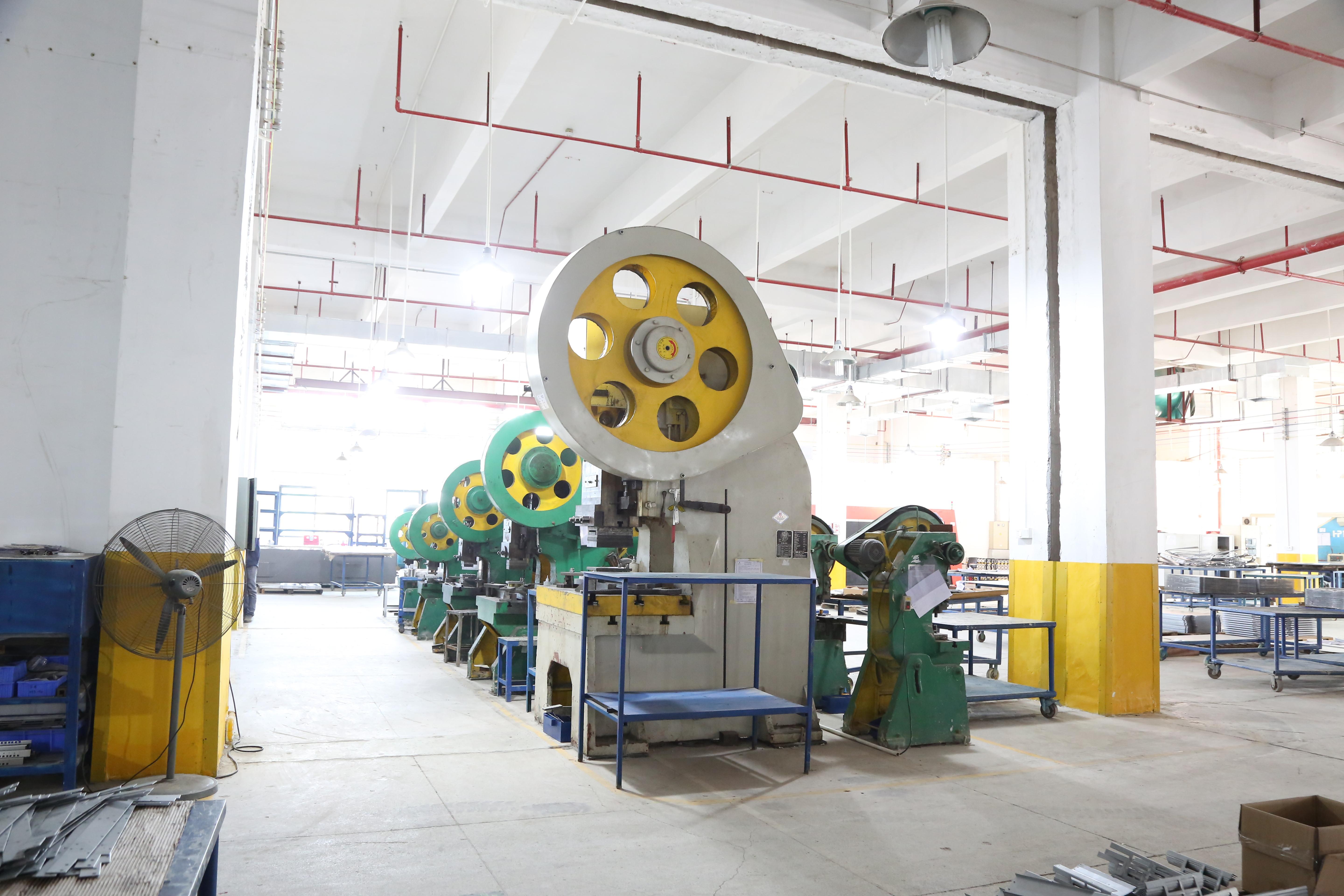
13. Compression bar
This is generally used for sheet metal bending and forming inserts with inclined angles. It is mainly based on creating convex pits in the material at the bending position of the sheet metal to reduce material resilience and ensure angle stability
14. Embossed pattern
A process of designing unique patterns on the surface of materials by pressing them in with inlaid needles, widely including: lettering, small black dots, etc
15. Roll round
A type of molding manufacturing process, which is based on the process of designing and stacking product shapes into a circular shape
16. Flip hole
The process of outward curving the threads of stamped parts to obtain a certain height of side edges
17. Adjust straight
Mainly for situations where high flatness requirements are needed for products, when flatness errors occur in stamped parts due to stress fields, straightening processes must be used for adjustment
18. Integer type
When the angle and shape of the product are not the basic specifications and models after molding, it is necessary to fully consider adding another process to adjust them to ensure angle stability. This type of process is called "integer molding"
19. Stretching
The entire process of obtaining hollow parts from flat materials according to the method is generally referred to as the stretching process, which is mainly carried out based on convex and concave molds
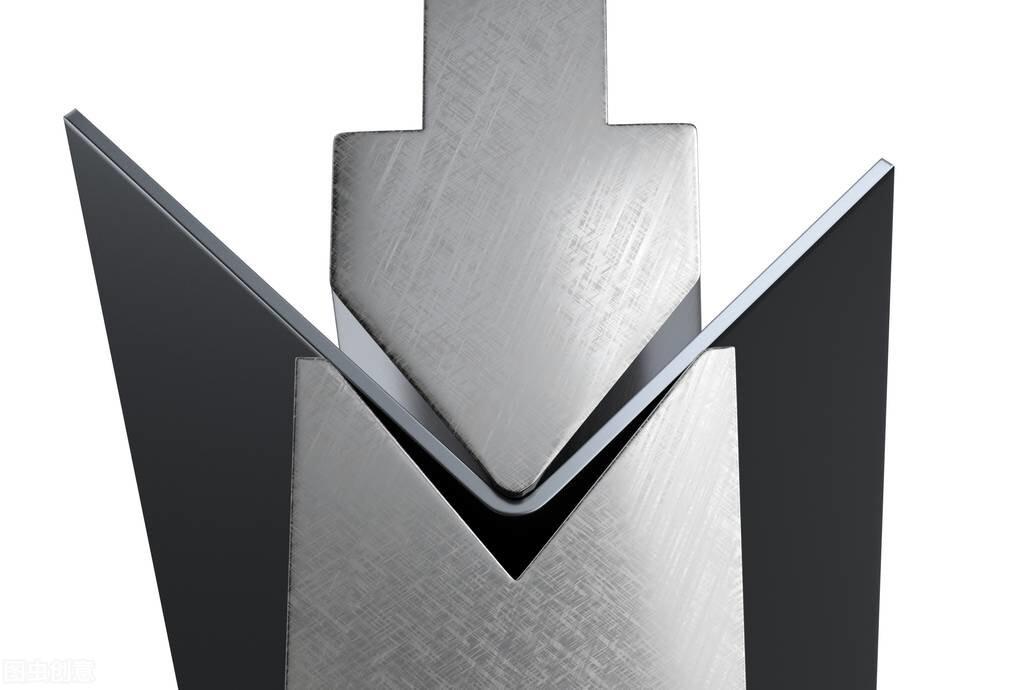
20. Continuously stretching
Generally refers to a stretching production process in which materials at the same position are stretched multiple times in a material strip based on one or four molds
21. Loosening and deep drawing
Both continuous and deep stretching belong to the loose stretching stretching series, which means that the wall thickness of the stretched parts will be less than the thickness of the material itself
22. Stretching
Its basic concept is similar to convex hull, both of which involve making the material convex. However, deep drawing generally refers to small car parts, which belong to a relatively complex molding product series, and their deep drawing structure is also relatively complex
23. Construction project model
A set of molds that only carry out one stamping process in one stamping process are collectively referred to as molds
24. Composite mold
A set of molds that can carry out two or more different stamping processes in one stamping process are collectively referred to as molds
25. Stamping die shell
A set of molds is fed by a material belt, which arranges two or more processes in sequence and feeds them in sequence with the stamping process to finally achieve qualified products. It is a general term for the types of molds


 Spanish
Spanish Arabic
Arabic French
French Portuguese
Portuguese Belarusian
Belarusian Japanese
Japanese Russian
Russian Malay
Malay Icelandic
Icelandic Bulgarian
Bulgarian Azerbaijani
Azerbaijani Estonian
Estonian Irish
Irish Polish
Polish Persian
Persian Boolean
Boolean Danish
Danish German
German Filipino
Filipino Finnish
Finnish Korean
Korean Dutch
Dutch Galician
Galician Catalan
Catalan Czech
Czech Croatian
Croatian Latin
Latin Latvian
Latvian Romanian
Romanian Maltese
Maltese Macedonian
Macedonian Norwegian
Norwegian Swedish
Swedish Serbian
Serbian Slovak
Slovak Slovenian
Slovenian Swahili
Swahili Thai
Thai Turkish
Turkish Welsh
Welsh Urdu
Urdu Ukrainian
Ukrainian Greek
Greek Hungarian
Hungarian Italian
Italian Yiddish
Yiddish Indonesian
Indonesian Vietnamese
Vietnamese Haitian Creole
Haitian Creole Spanish Basque
Spanish Basque

